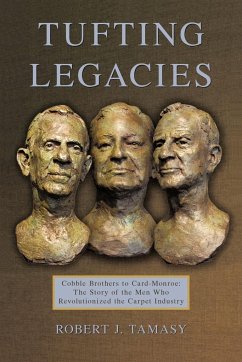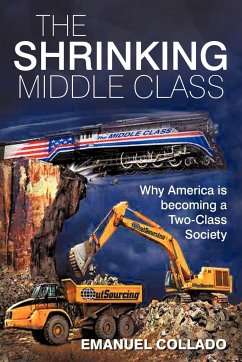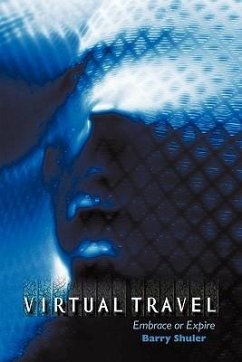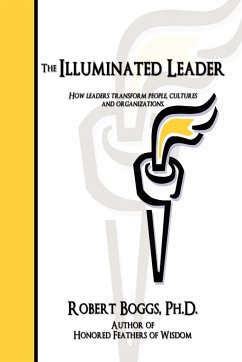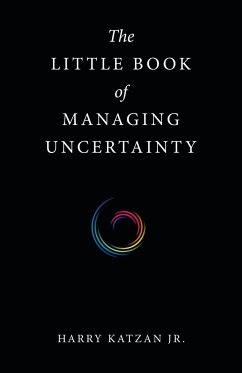Although dating back to Egyptian antiquity, carpet as we know it is relatively new. Prior to the 1950s, the means for making carpet was expensive and time-consuming, unaffordable for most homeowners. During the '50s, tufting - a process previously used to create bedspreads, bathrobes and throw rugs - was adapted for carpet manufacture. Over succeeding decades, machines advanced dramatically in speed, efficiency and patterning capabilities. Tufting Legacies recounts the history of the tufting machine industry, as well as legacies forged by the hard work, diligence and determination of true pioneers - Joe Cobble, Lewis Card, Sr., and Roy Card - who viewed problems and obstacles as opportunities to achieve the inconceivable. It's also a story of the American dream embodied in real life, boys growing up in the Depression era that had little materially but, "we just thought that was the way it was, and how it was supposed to be." Those humble beginnings helped motivate these young men as they honed their skills in making machine parts and later applying that expertise to build tufting machines. If someone in 1950 had asked Lewis and Roy about how to develop those into the huge, computer-controlled machines used worldwide throughout the carpet industry today, they might have responded, "You can't get there from here." But they did get there, one small step, one giant step, one minor modification, one major breakthrough at a time. Tufting Legacies tells how it happened.
Hinweis: Dieser Artikel kann nur an eine deutsche Lieferadresse ausgeliefert werden.
Hinweis: Dieser Artikel kann nur an eine deutsche Lieferadresse ausgeliefert werden.

